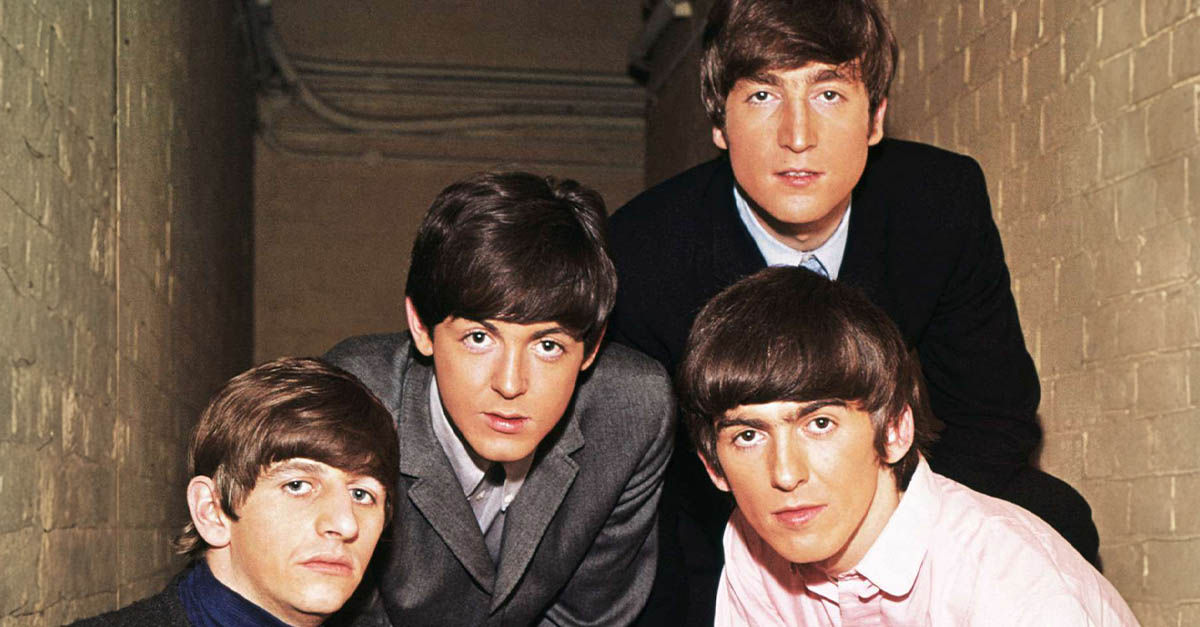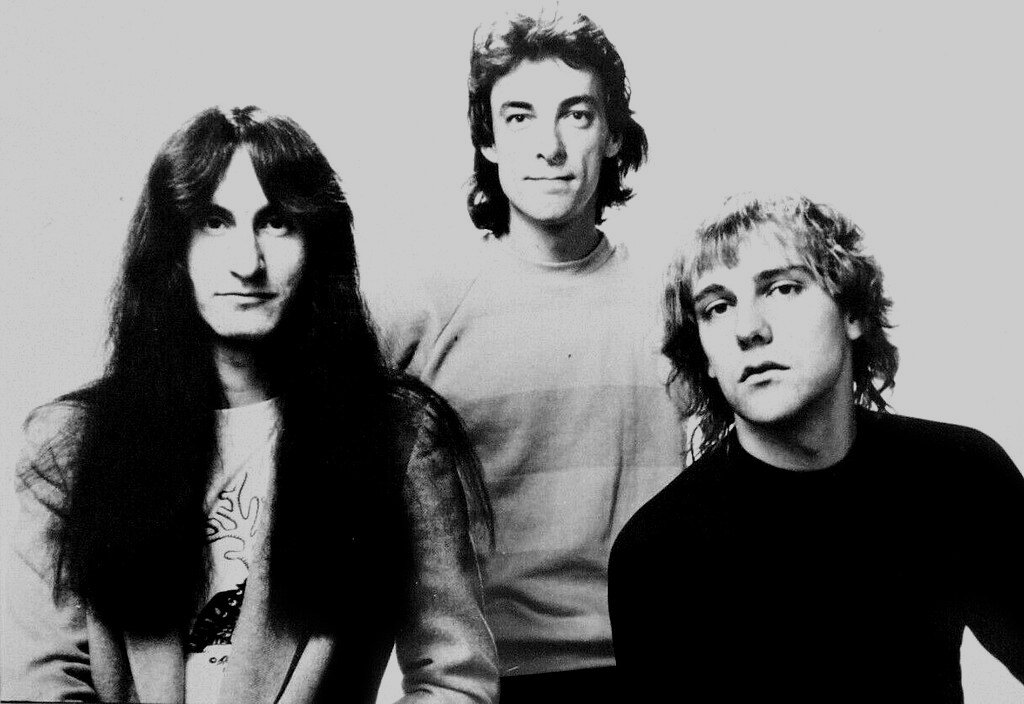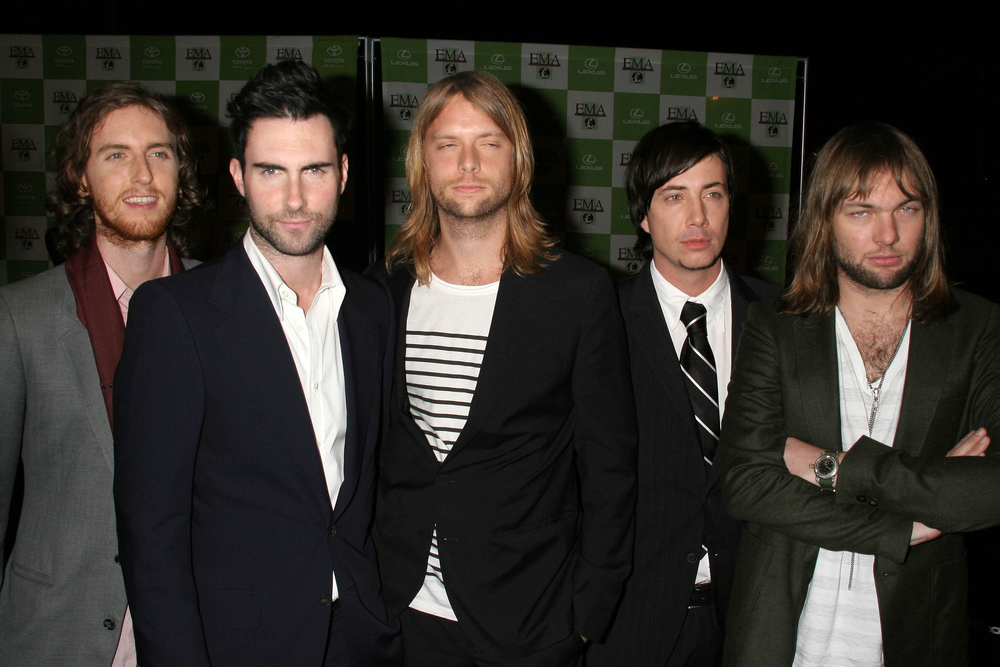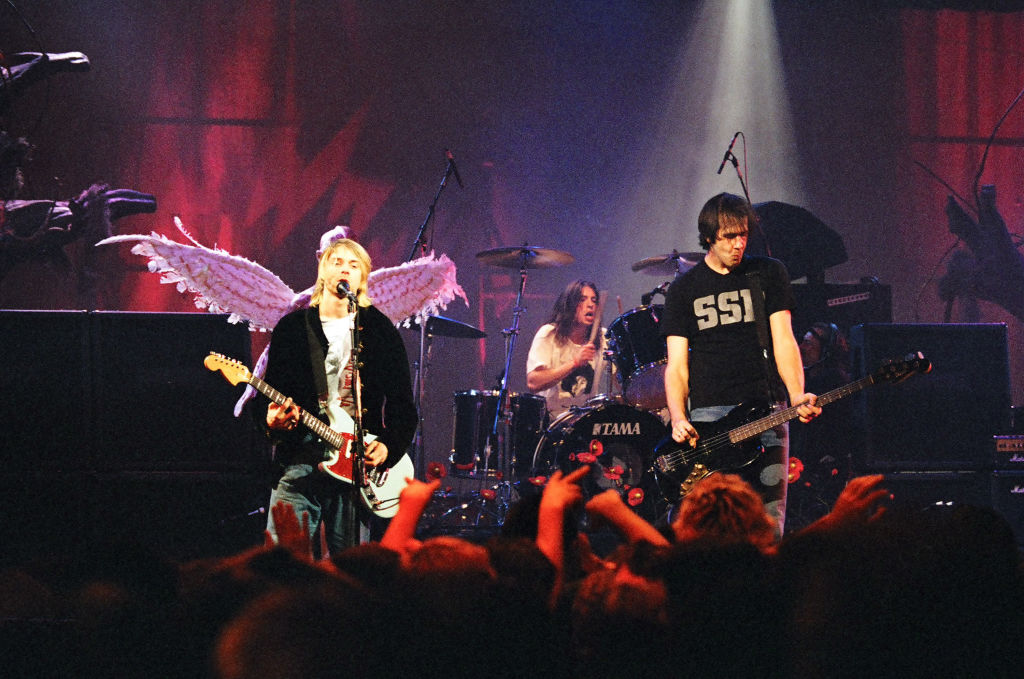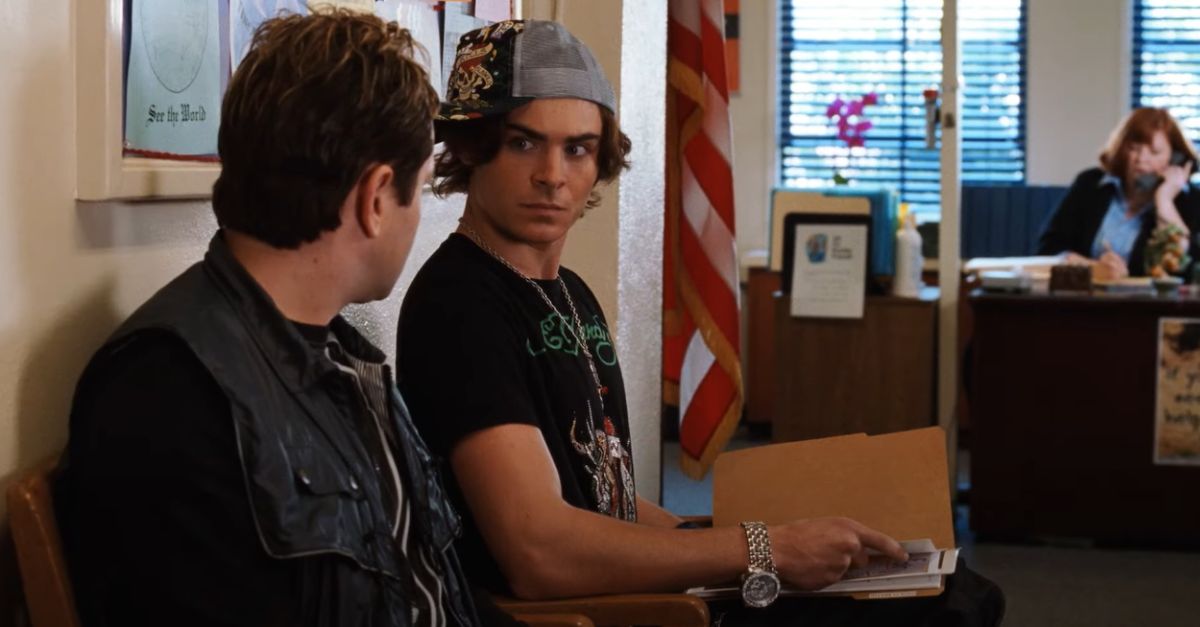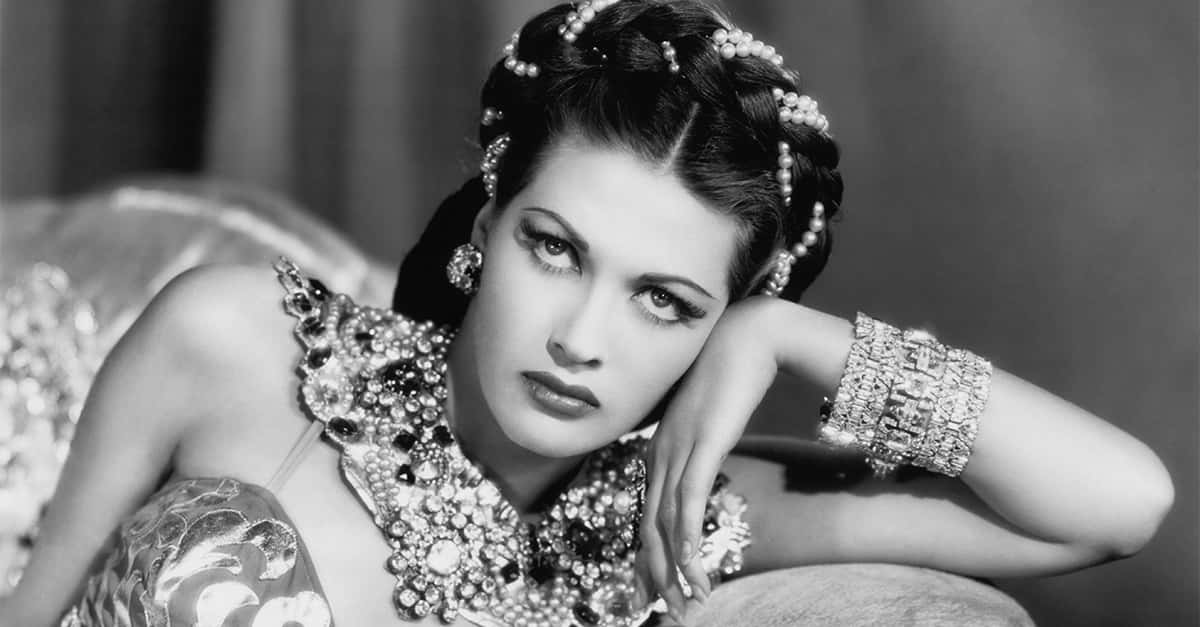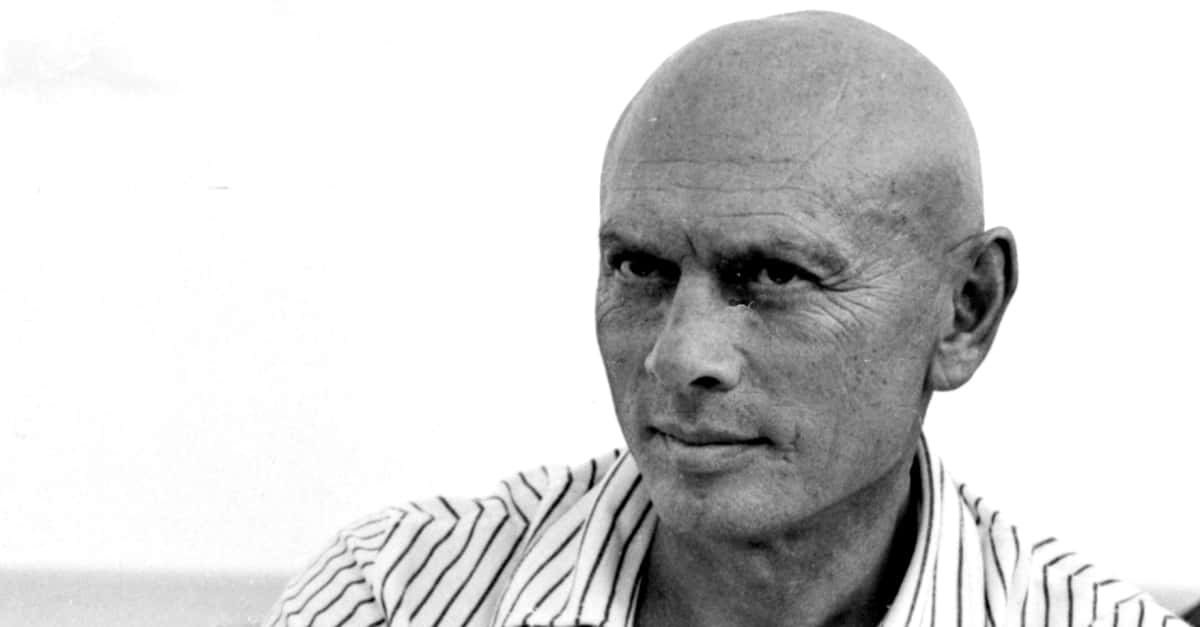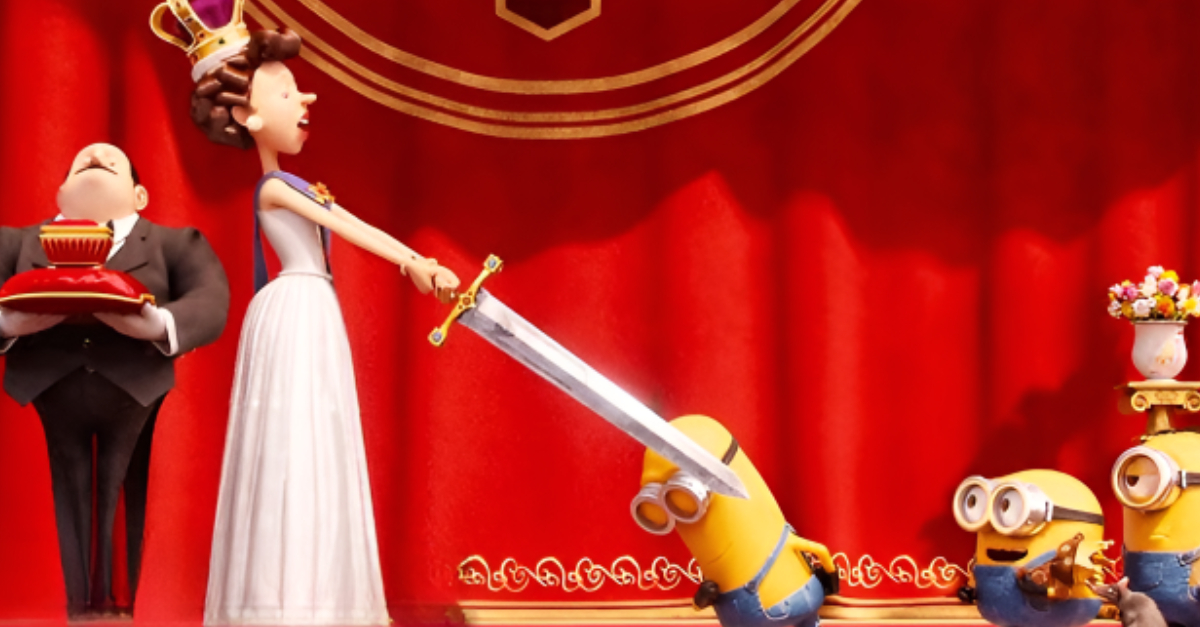More Than Meets The Eye
Many of the most iconic songs in history are so well-known due to the themes or messages that connect with fans. However, the meanings behind these songs aren’t always so obvious on the first listen. Sometimes, artists hide their intended ideas or inspirations behind catchy tunes and lyrics.
Rush: “YYZ”
While some songs carry double meanings or secret inspirations, others are more plain. Being a Canadian band, Rush’s song “YYZ” was inspired by Toronto and named for Toronto Pearson Airport’s designation code. Plus, the song begins with a morse-code rendition of the title, but it’s not the only literal hidden message.
Tool: “Intension”
In the song “Intension” by Tool, those who listen carefully can find a reversed message. While up to interpretation, many believe it’s a sarcastic, anti-conformity message, telling people to listen to parents and “stay in school”. This isn’t the only song featuring a backward message.
 Andrey Molokovich, CC BY 2.0, Wikimedia Commons
Andrey Molokovich, CC BY 2.0, Wikimedia Commons
Pink Floyd: “Empty Spaces”
Pink Floyd’s album, The Wall, tells of a reclusive rock star thought to be partly inspired by former frontman Syd Barrett. Furthermore, fans believe a reversed message in “Empty Spaces” references Barrett as “Old Pink”. Aside from this, many songs include inside jokes.
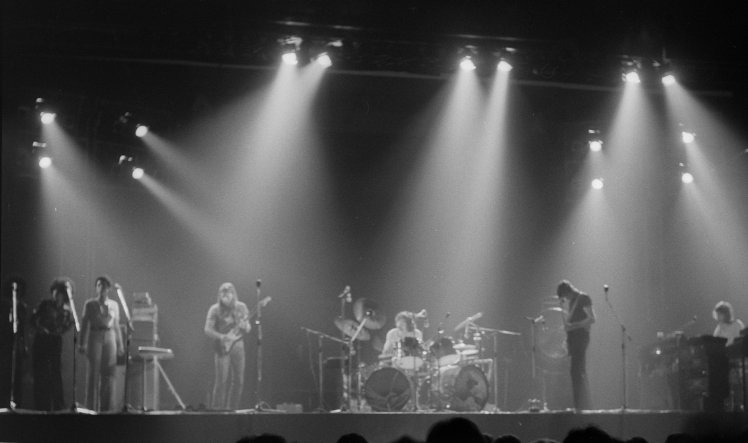 TimDuncan, CC BY 3.0, Wikimedia Commons
TimDuncan, CC BY 3.0, Wikimedia Commons
Van Halen: “5150”
The name “5150” is shared with Eddie Van Halen’s recording studio. As a cheeky in-joke, it’s also inspired by the police code used for someone mentally unstable. This was because he was often called crazy when he started building his own studio. Naturally, studios are a popular reference point for musicians.
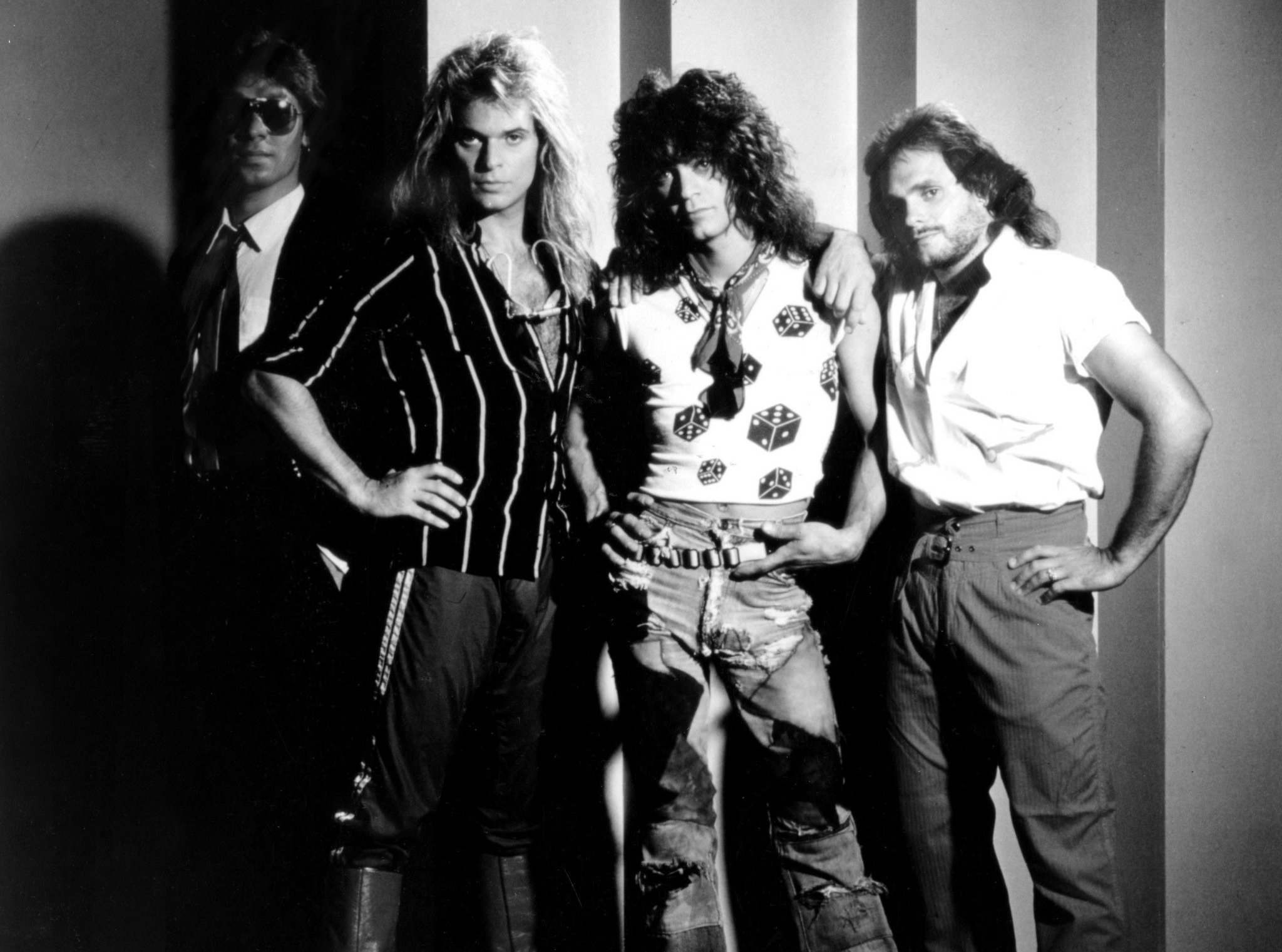 Warner Records, Wikimedia Commons
Warner Records, Wikimedia Commons
Maroon 5: “Harder To Breathe”
“Harder to Breathe” may allude to a bad relationship, but its meaning is based more on music production. Maroon 5’s Adam Levine said it came from their label’s pressure to keep writing songs after the album had already been completed. Of course, they aren’t the only ones trying to stick it to the powers that be.
Sara Bareilles: “King Of Anything”
While creating her second album, Sara Bareilles asked for feedback from certain label executives. Although she got the feedback, it came with much more unwanted advice. “King of Anything” came from the singer’s frustrations at all this unsolicited criticism. But this isn’t the only Sara Bareilles song on this list.
 David, CC BY 2.0, Wikimedia Commons
David, CC BY 2.0, Wikimedia Commons
Sara Bareilles: “Love Song”
“Love Song” seems to portray resentment from one lover to another. Truthfully, the song came from Sara Barailles’ defiance against the music industry’s expectations. Like this song, there’s a trend of musicians writing what only appear to be love songs on the surface.
 Justin Higuchi, CC BY 2.0, Wikimedia Commons
Justin Higuchi, CC BY 2.0, Wikimedia Commons
Hall & Oates: “Kiss On My List”
It’s easy to assume “Kiss On My List” is a song about someone deeply in love. On the contrary, Daryl Hall intended it as a sort of anti-love song, with it meaning that the kiss in question is on a list of the best things in life, but isn’t the best.
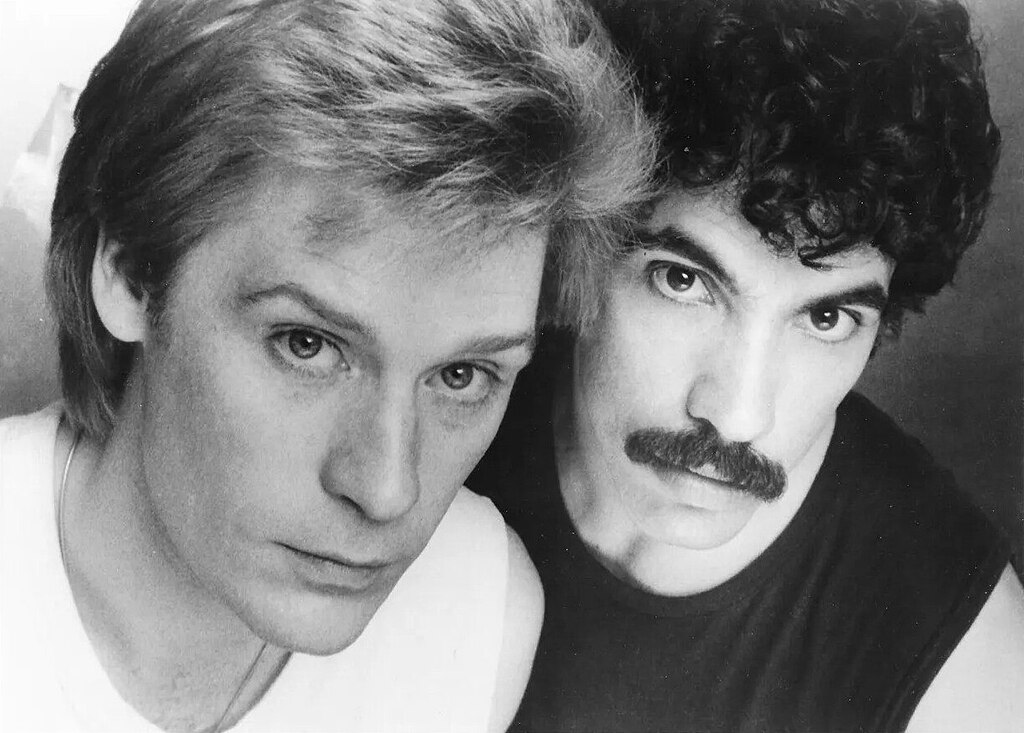 RCA Records, Wikimedia Commons
RCA Records, Wikimedia Commons
Green Day: “Good Riddance (Time Of Your Life)”
Many have used “Good Riddance” as a fond farewell, or to pleasantly reflect on the past. Listeners may be surprised that it was written in bitterness after lead singer Billie Joe Armstrong’s girlfriend left him and moved to Ecuador. Still, many songs are deceptively about break-ups.
 Daniel D'Auria, CC BY-SA 2.0, Wikimedia Commons
Daniel D'Auria, CC BY-SA 2.0, Wikimedia Commons
Phil Collins: “In The Air Tonight”
There was a rumor floating around for a long time that “In the Air Tonight” was secretly about Phil Collins witnessing someone drown and another person refusing to help them. In reality, Collins has explained that it was inspired by his divorce and everything he had felt toward his ex-wife. On the other hand, some “anti-love songs” aren’t about break-ups at all.
 Philippe Roos, CC BY-SA 2.0, Wikimedia Commons
Philippe Roos, CC BY-SA 2.0, Wikimedia Commons
Outkast: “Hey Ya!”
Not every song is a “love song” or a “break-up song”. “Hey Ya!” might sound like a nice dance number, but Outkast’s André 3000 wrote it about the state of modern relationships. Specifically, he intended it to reflect those who stay in relationships purely because they’re expected to.
 Sven Mandel, CC BY-SA 3.0, Wikimedia Commons
Sven Mandel, CC BY-SA 3.0, Wikimedia Commons
James Blunt: “You’re Beautiful”
Another song that sounds like it should be a sweet love song, “You’re Beautiful” was never that pleasant. James Blunt wrote it as a creepy song about a man who’s stalking his ex-girlfriend, inspired by Blunt seeing his own ex-girlfriend with a new man. However, this is far from the only stalker song.
 Thesupermat, CC BY-SA 3.0, Wikimedia Commons
Thesupermat, CC BY-SA 3.0, Wikimedia Commons
REM: “Losing My Religion”
“Losing My Religion” actually comes from a Southern phrase that means to be at the end of one’s rope and losing their composure. REM lead singer Michael Stipe wrote the song about someone experiencing unrequited love, focusing on a feeling of frustration and obsession.
 Stefano Andreoli, CC BY-SA 2.0, Wikimedia Commons
Stefano Andreoli, CC BY-SA 2.0, Wikimedia Commons
Blondie: “One Way Or Another”
In a more serious experience, “One Way or Another” was inspired by the real-life stalker of Blondie’s lead singer, Debbie Harry. Even though it was so severe that she had to move, Harry made the song more lighthearted. Similarly, this next song was written as a stalking song, but not in the way some may think.
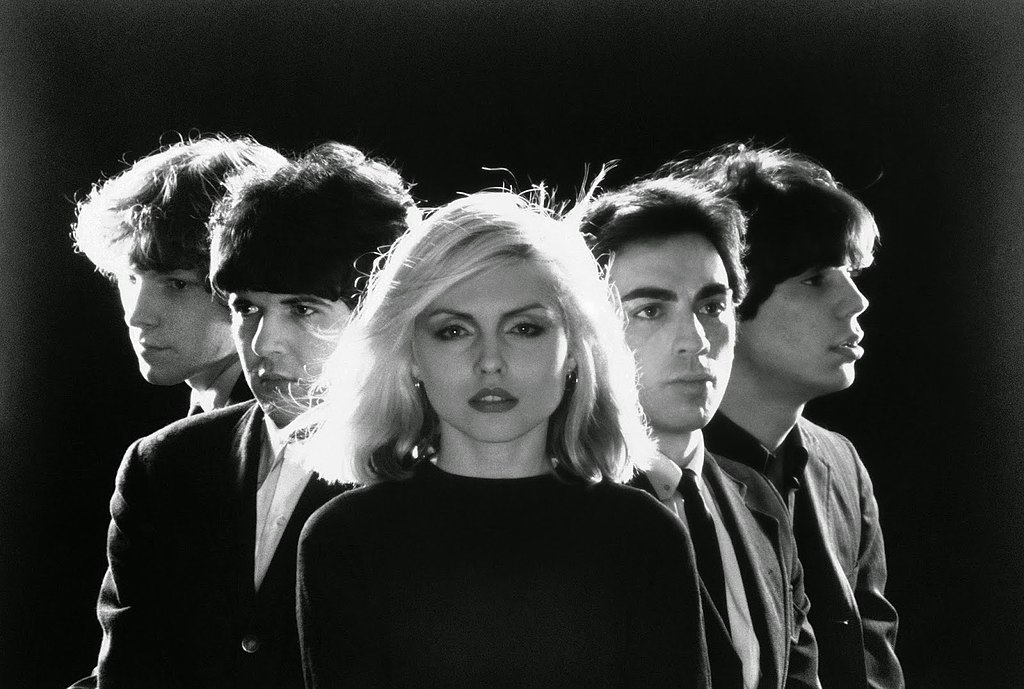 Private Stock Records, Wikimedia Commons
Private Stock Records, Wikimedia Commons
The Police: “Every Breath You Take”
“Every Breath You Take” is undeniably creepy, so many have concluded it’s about a man stalking a woman. However, according to Sting, it may have stemmed from the ideas of surveillance and “Big Brother”. This isn’t the only song with a hidden political meaning, though.
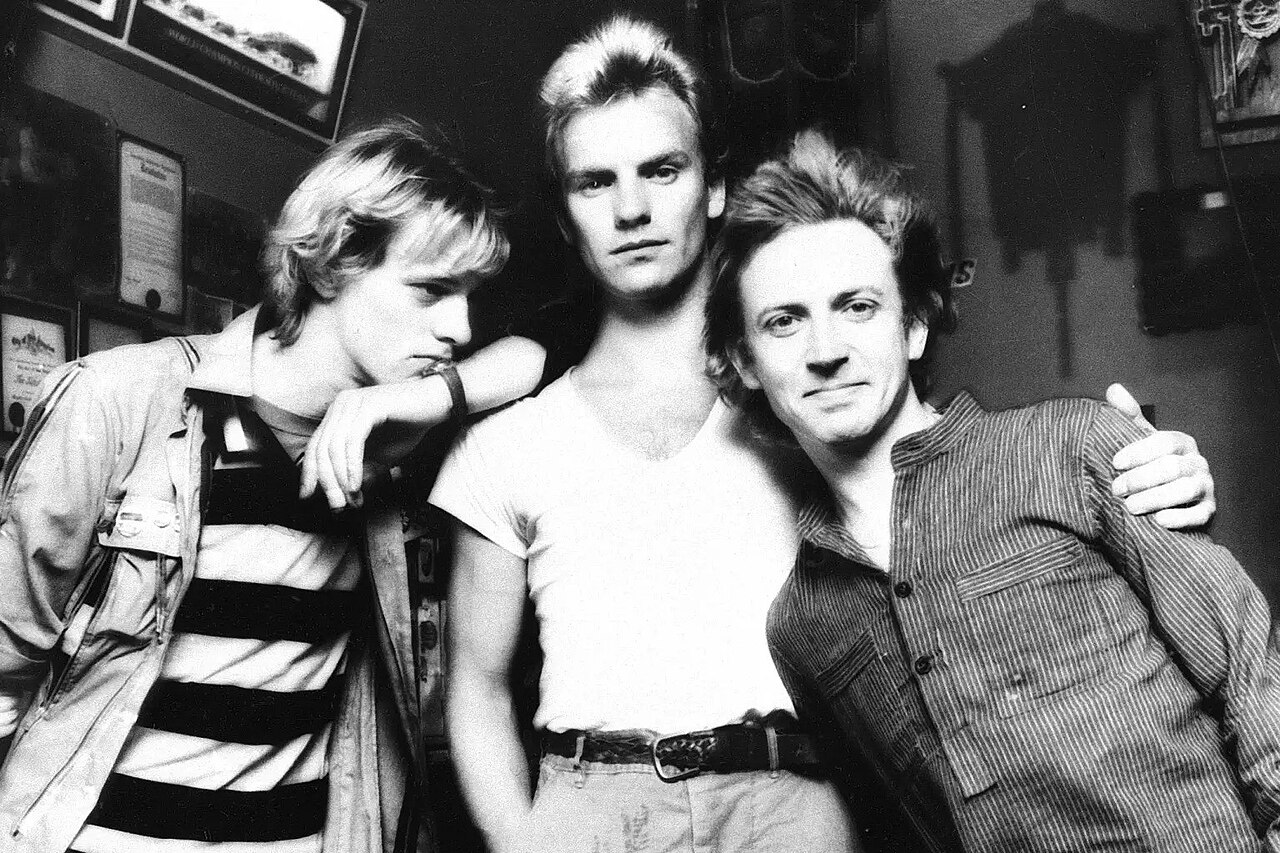 A&M Records, Wikimedia Commons
A&M Records, Wikimedia Commons
Portugal The Man: “Feel It Still”
“Feel It Still” represents an anti-establishment attitude and distrust of the government, but singer John Gourley revealed it’s more than that. A “rebel just for kicks” refers to someone who defies society, but does it in humor. More than that, the lyrics point to a desire to fight the power but a focus on caring for his daughter.
 Trevor Bolliger, CC BY-SA 4.0, Wikimedia Commons
Trevor Bolliger, CC BY-SA 4.0, Wikimedia Commons
The Beatles: “Blackbird”
Although Paul McCartney wasn’t clear initially regarding his inspiration for “Blackbird,” he has since revealed the meaning according to him. The song isn’t about an actual bird but references the civil rights movement. Similarly, this next song also disguised its commentary on racial injustice.
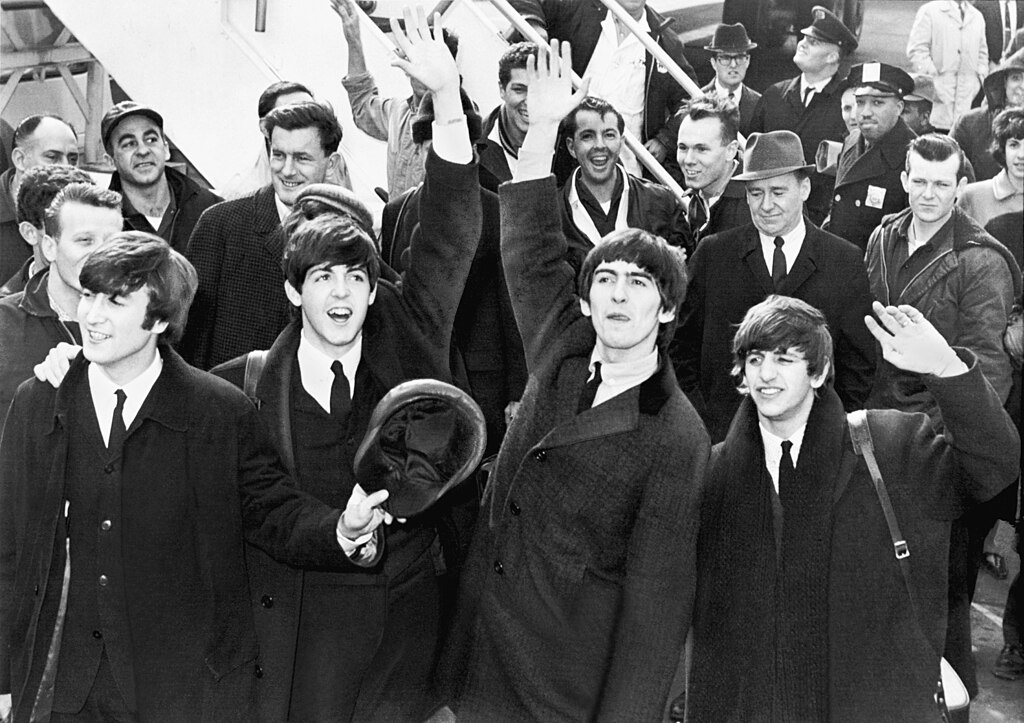 United Press International, Wikimedia Commons
United Press International, Wikimedia Commons
Eddy Grant: “Electric Avenue”
While the social commentary in “Electric Avenue” is plain, its inspiration is a more specific event. The name refers to a street in Brixton, one of London’s first to have electricity. In the 1980s, however, Brixton was host to a series of riots caused by racial injustices, inspiring Eddy Grant to write this song.
 Austin512, CC BY 2.0, Wikimedia Commons
Austin512, CC BY 2.0, Wikimedia Commons
Nena: “99 Luftballons”
With its upbeat tune and German lyrics, many have misunderstood “99 Luftballons”. An anti-war song, it came from Nena guitarist Carlo Karges seeing The Rolling Stones release a cloud of balloons in Berlin and imagining them mistaken for missiles, causing WWIII. However, this isn’t the last song with a surprisingly poignant societal message.
 Stefan Brending, Wikimedia Commons
Stefan Brending, Wikimedia Commons
TLC: “Waterfalls”
With the lyrics of “Waterfalls” so poetic and the melody so soothing, it can easily lose its darker messages. The verses each tell a different story covering a range of issues from violence to HIV to drug use. Still, many songs deal with these complicated struggles.
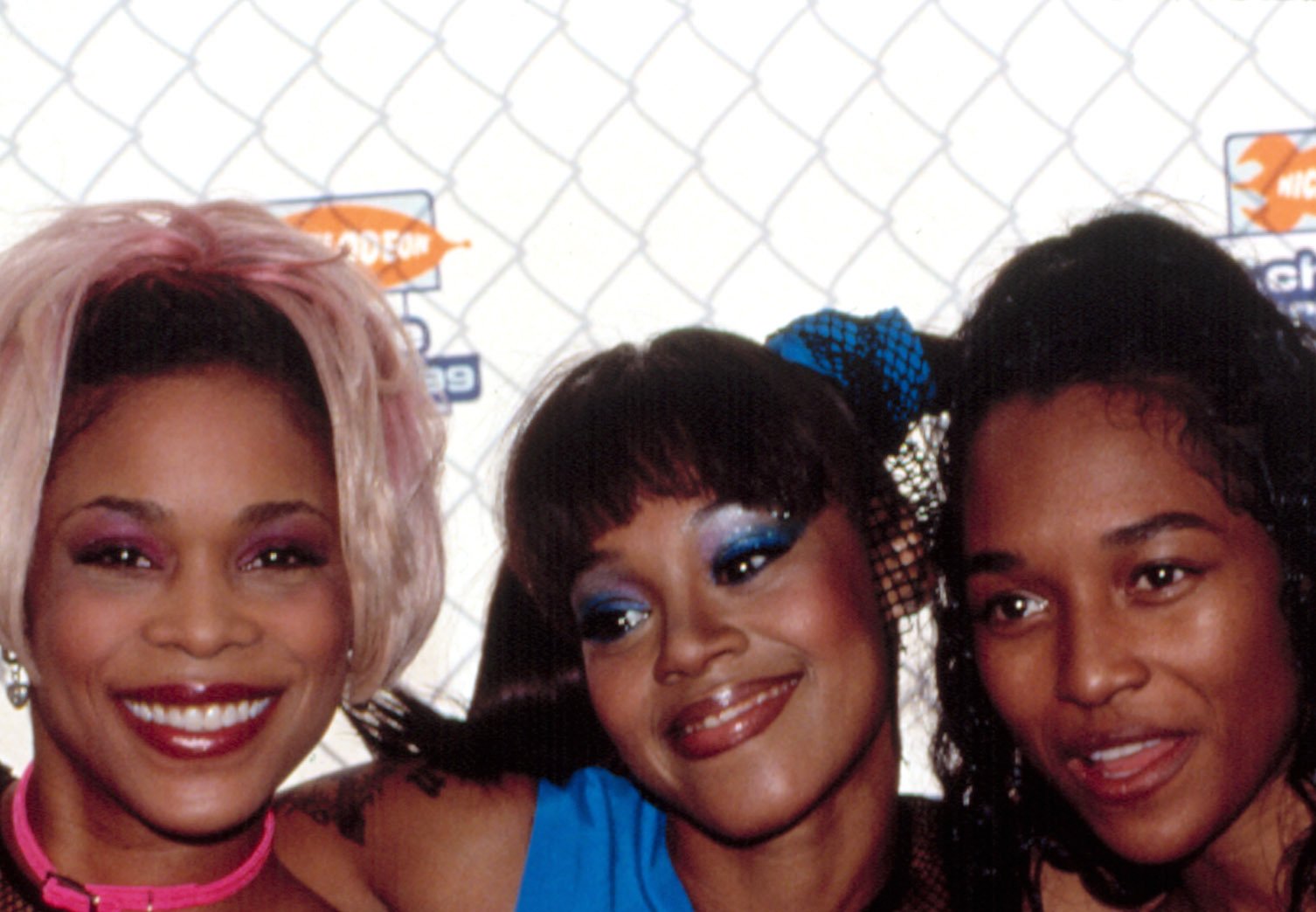 Everett Collection, Shutterstock
Everett Collection, Shutterstock
Sia: “Chandelier”
When Sia began writing “Chandelier,” it was originally meant to be a song for Rihanna to sing, until Sia changed her mind. She felt unquestionably connected to the song, especially because as it progressed, “Chandelier” became more about her struggles with addiction.
 Kirk Stauffer, CC BY-SA 3.0Wikimedia Commons
Kirk Stauffer, CC BY-SA 3.0Wikimedia Commons
The Red Hot Chili Peppers: “Under The Bridge”
As much as the poetic lyrics may include the themes of loneliness and drug addiction in “Under the Bridge,” it’s much more about becoming sober. The Red Hot Chili Peppers’ Anthony Kiedis wrote about him choosing the band over that lifestyle. Of course, while there are many songs about struggling with substance abuse, some are only rumored to be.
 Raph_PH, CC BY 2.0, Wikimedia Commons
Raph_PH, CC BY 2.0, Wikimedia Commons
Bob Dylan: “Mr Tambourine Man”
Possible meanings of “Mr Tambourine Man” were long-rumored, with fans usually attributing drug addiction as a theme. Eventually, Bob Dylan debunked this and revealed it was inspired by Bruce Langhorne, who played guitar with Dylan on a few records and was remembered as owning a giant tambourine.
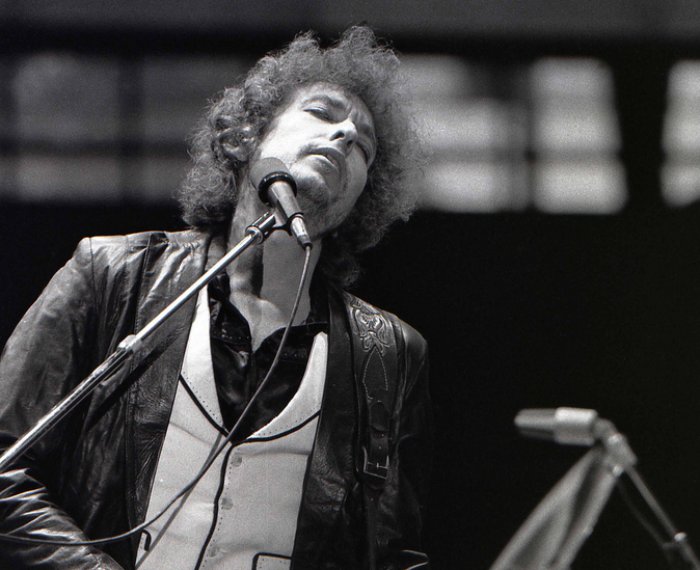 Chris Hakkens, CC BY-SA 2.0, Wikimedia Commons
Chris Hakkens, CC BY-SA 2.0, Wikimedia Commons
Ed Sheeran: “The A Team”
Ed Sheeran intentionally wrote “The A Team” to hide its more serious meaning in an upbeat song. He was inspired while playing at a homeless shelter, where he met a woman named Angel and heard about her experiences with “Class A” narcotics. Coincidentally, this and the next song share more than the name “Angel”.
 Eva Rinaldi, CC BY-SA 2.0, Wikimedia Commons
Eva Rinaldi, CC BY-SA 2.0, Wikimedia Commons
Sarah McLachlan: “Angel”
One of Sarah McLachlan’s most iconic songs, many have used “Angel” to punctuate any number of tragic losses. There was a specific tragedy in mind, however, when McLachlan was writing it. The passing of Smashing Pumpkins’ Jonathan Melvoin due to an overdose inspired her, as she empathized with the emptiness he was feeling.
 Justin Higuchi, CC BY 2.0, Wikimedia Commons
Justin Higuchi, CC BY 2.0, Wikimedia Commons
Van Halen: “Jump”
Van Halen’s David Lee Roth was somewhat morbidly inspired to write “Jump” after seeing a man on the news about to jump from a building. Of course, he later claimed it was about a stripper, so it may be up to interpretation. Of course, there are numerous songs with more fatalistic hidden meanings.
 digboston, CC BY 2.0, Wikimedia Commons
digboston, CC BY 2.0, Wikimedia Commons
Don McLean: “American Pie”
Filled with lyrical imagery, the meaning of “American Pie” may seem hard to pinpoint. One of the major inspirations behind it is thought to be the tragic plane crash that led to the demise of Buddy Holly, Ritchie Valens, and JP Richardson. At the same time, Don McLean has implied that it’s just as much about his own father’s passing.
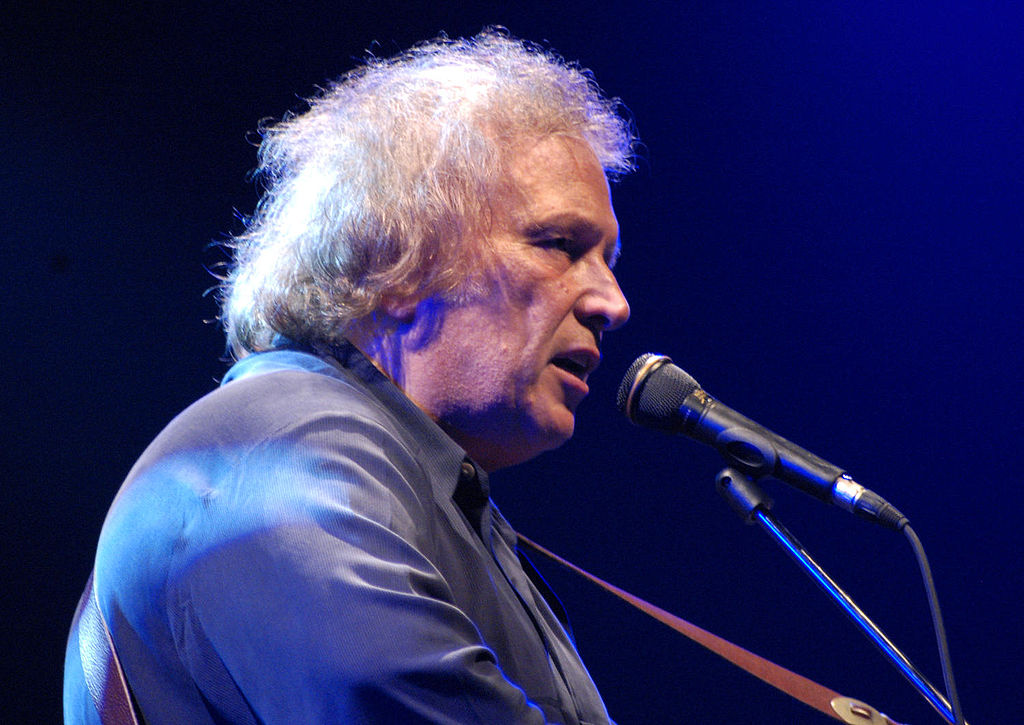 Alan Howard, CC BY-SA 2.0, Wikimedia Commons
Alan Howard, CC BY-SA 2.0, Wikimedia Commons
Katy Perry: “Firework”
This party song has been used as an anthem for those who feel different, but Katy Perry revealed its curiously darker meaning. The idea of “Firework” stemmed from Perry’s own desire to be placed in a firework and sent up in the sky after she passes. With all these songs about people meeting their demise, this next one is more about the ones in mourning.
 Ali Shaker/VOA, Wikimedia Commons
Ali Shaker/VOA, Wikimedia Commons
Green Day: “Wake Me Up When September Ends”
While the lyrics hint at the meaning behind “Wake Me Up When September Ends,” referencing the passing of Billie Joe Armstrong’s father, the title is more specific. After his father’s funeral, Armstrong locked himself in his room and told his mother exactly what the title says. On the other hand, the next song is a more uplifting take on fatherhood.
Semisonic: “Closing Time”
A song that’s used around the world when bars and stores are shutting their doors, “Closing Time” has a surprising parental meaning. Semisonic’s Dan Wilson and his wife were expecting their child soon after he wrote the song, a theme he connected to it. In his eyes, leaving a closing bar and stepping outside to head home was similar to being born.
 Jgmgt, CC BY-SA 4.0, Wikimedia Commons
Jgmgt, CC BY-SA 4.0, Wikimedia Commons
Madonna: “Like A Virgin”
Although it’s one of her most recognizable songs, “Like a Virgin” wasn’t written by Madonna. The true songwriters, Billy Steinberg and Tom Kelly, revealed that the song's meaning came from the sense of rebirth as a person in a new relationship. According to them, the song isn’t mainly about being intimate, which is more than can be said about this next one.
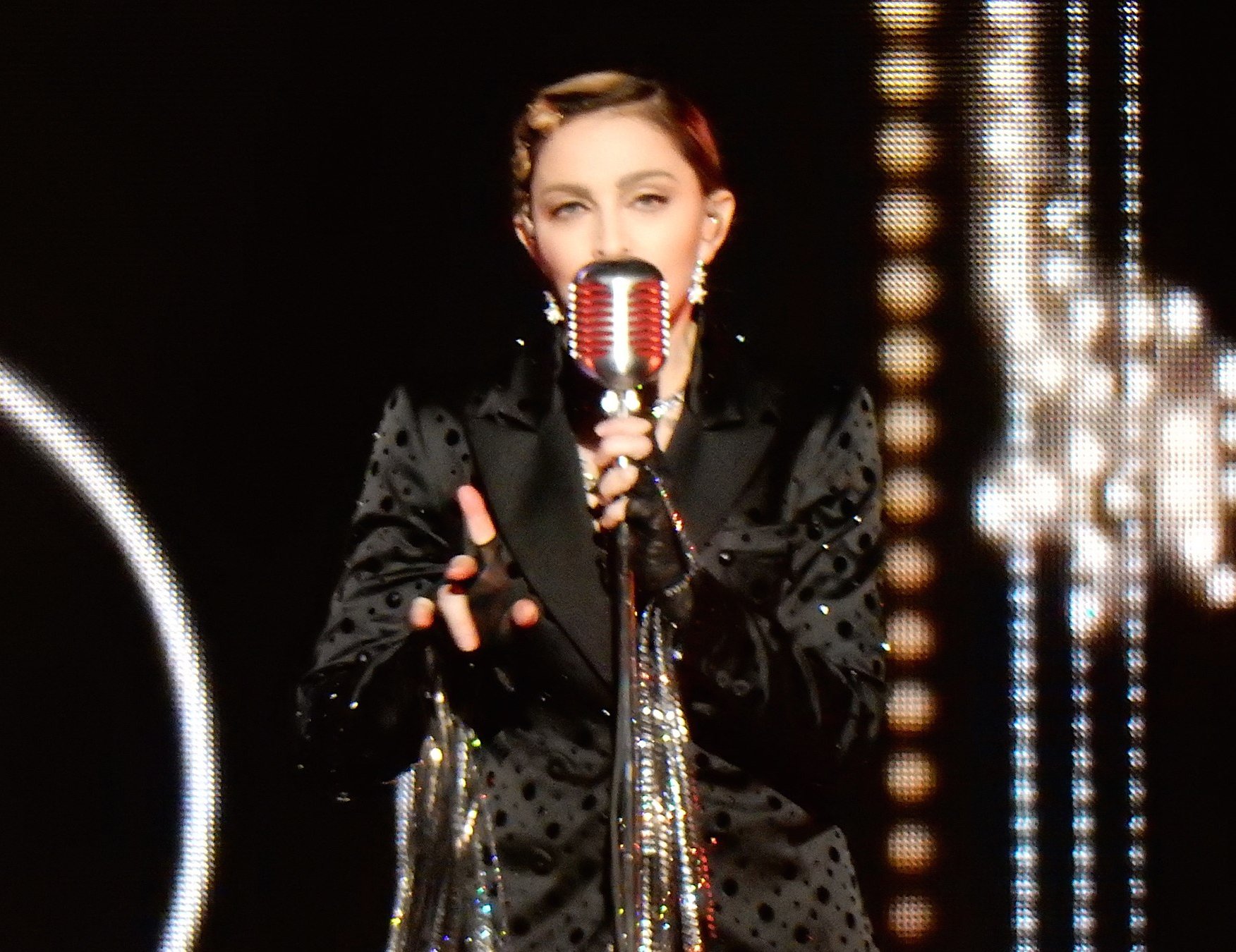 chrisweger, CC BY-SA 2.0, Wikimedia Commons
chrisweger, CC BY-SA 2.0, Wikimedia Commons
Bryan Adams: “Summer Of ’69”
“Summer of ‘69” sounds like it's about nostalgia, and looking back on when things were easier, but the truth is much more simple. Bryan Adams has said that he is shocked when people don’t pick up that the song is not about a specific year, but just about being intimate.
 Raph_PH, CC BY 2.0, Wikimedia Commons
Raph_PH, CC BY 2.0, Wikimedia Commons
Baha Men: “Who Let The Dogs Out?”
On the surface, “Who Let the Dogs Out?” is nothing more than a party song that’s fun to sing along to. Digging deeper, this is actually a cover of the song “Doggie” by Anslem Douglas, who wrote the lyrics as a “feminist anthem” against men catcalling women. Still, there’s more than just one misunderstood party song.
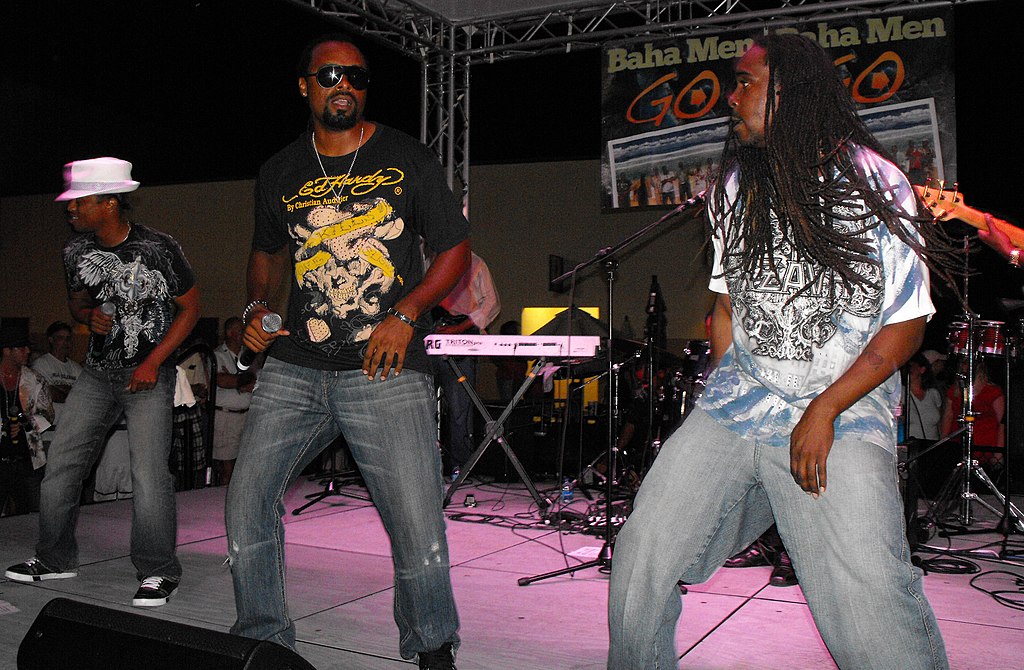 Rusty Boxcars, CC BY-SA 2.0, Wikimedia Commons
Rusty Boxcars, CC BY-SA 2.0, Wikimedia Commons
Beastie Boys: “(You Gotta) Fight For Your Right (To Party)”
Sometimes artists try to get ideas across, but nobody picks up on them. This was the case with Beastie Boys’ party anthem since it isn’t a party anthem at all. In reality, it was always intended to be a spoof of similar types of party songs, which the band felt disappointed that nobody seemed to get. Similarly, some misunderstandings are due to a language barrier.
 Charlie Llewellin, CC BY-SA 2.0, Wikimedia Commons
Charlie Llewellin, CC BY-SA 2.0, Wikimedia Commons
Los Del Rio: “Macarena”
This song’s hidden meaning comes mainly from it being in Spanish, seeing as many people who view “Macarena” as merely a catchy dance song may not know the actual lyrics. Translated, the song is about an unfaithful girlfriend, who goes out with her boyfriend’s two friends.
Nirvana: “Smells Like Teen Spirit”
“Smells Like Teen Spirit” is still an iconic representation of grunge and everything Nirvana was, but the title didn’t come from anything profound. One of Kurt Cobain’s friends, Kathleen Hanna, wrote “Kurt smells like Teen Spirit” on the singer’s wall, taking the name from a can of deodorant she saw.
Bonnie Tyler: “Total Eclipse Of The Heart”
Jim Steinman wrote “Total Eclipse of the Heart” as a love song, but not one that most listeners might expect. After being featured in his musical Dance of the Vampires, Steinman revealed that he had written the song as a vampire love song, originally titled “Vampires in Love”. Vampires aren’t the only unexpected subjects, though.
 Stefan Brending, Wikimedia Commons
Stefan Brending, Wikimedia Commons
Michael Jackson: “Ben”
Although this song was written by Walter Scharf for the 1972 movie of the same name, it became one of Michael Jackson’s first solo hits. Although it’s not explicitly stated in the lyrics, “Ben” is from the perspective of a boy who makes friends with a rat, mirroring the plot of the film.
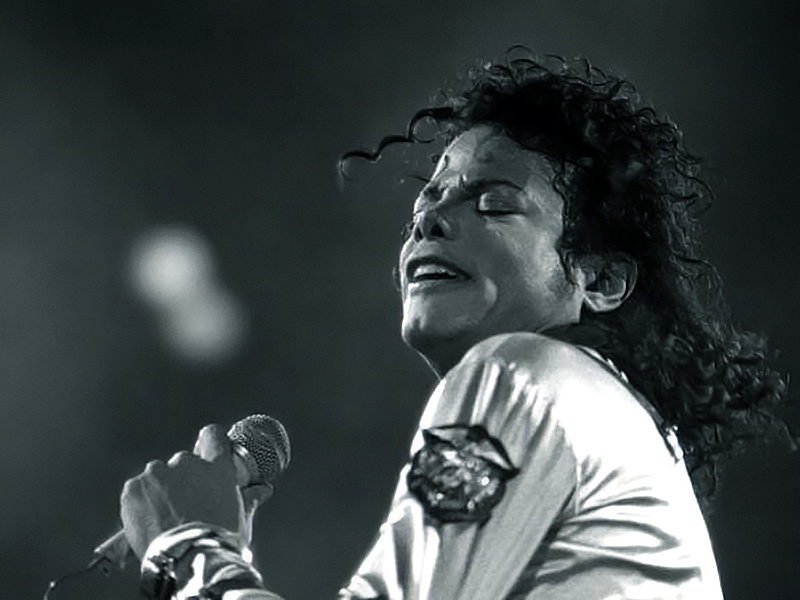 Zoran Veselinovic, CC BY-SA 2.0, Wikimedia Commons
Zoran Veselinovic, CC BY-SA 2.0, Wikimedia Commons
The Clash: “London Calling”
The theme of “London Calling” is easy to point out, but it had a surprising source of inspiration behind it. The whole concept stemmed from The Clash’s Joe Strummer and the specific anxiety he felt about the Thames River flooding in London. This was turned into a song about a general, everyday sense of dread, which is surprisingly similar to this next one.
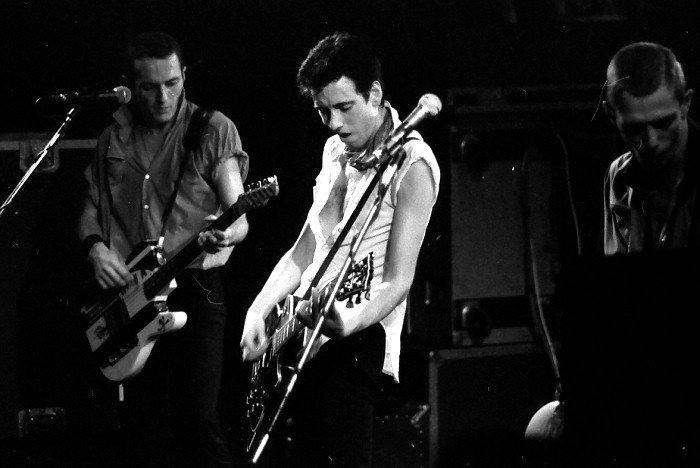 Helge Øverås, CC BY-SA 4.0, Wikimedia Commons
Helge Øverås, CC BY-SA 4.0, Wikimedia Commons
Hanson: “MMMBop”
While there is an overall theme of life values in the lyrics, “MMMBop” is deeper than expected. The members of Hanson have stated that the word “MMMBop” symbolizes the quick passage of time and the inevitability of the end, which is not necessarily what everyone thinks of when listening to this upbeat hit.
 Grapepinky, CC BY-SA 4.0, Wikimedia Commons
Grapepinky, CC BY-SA 4.0, Wikimedia Commons

